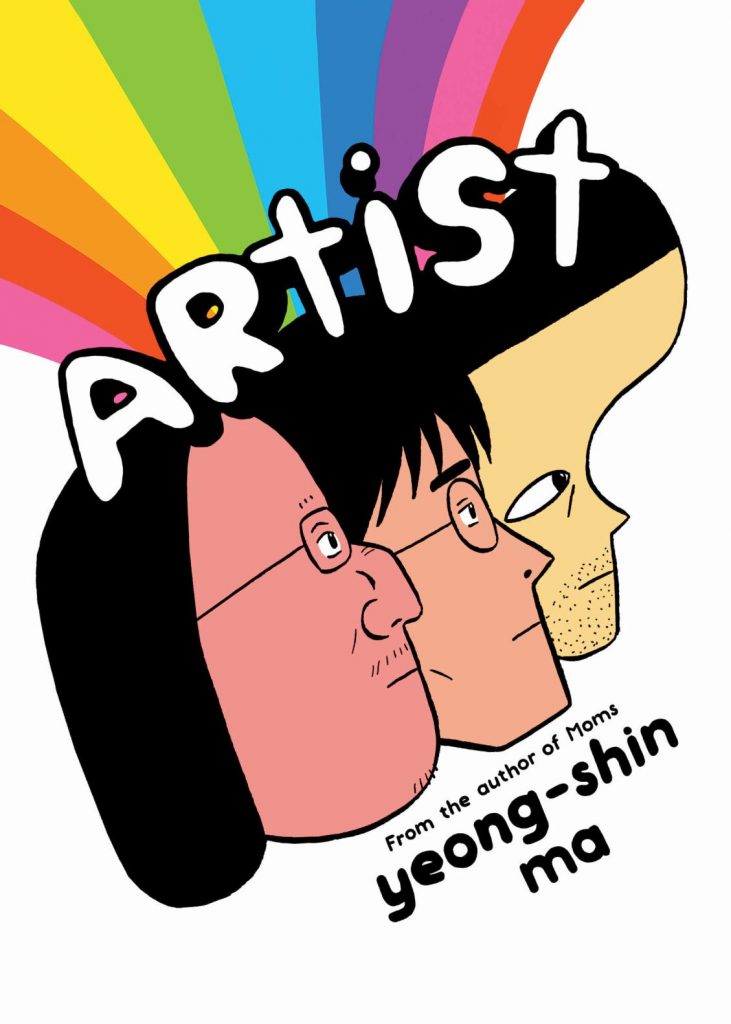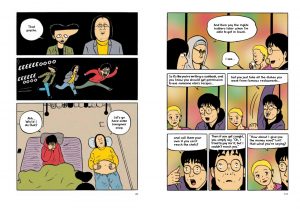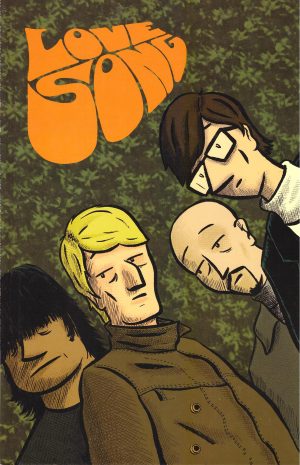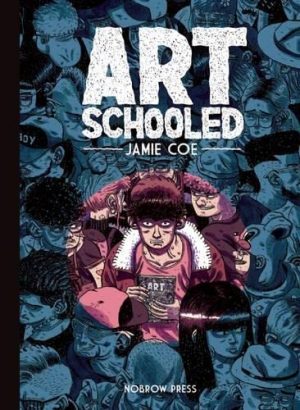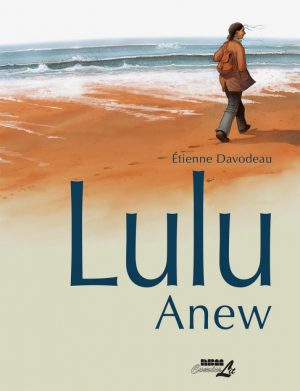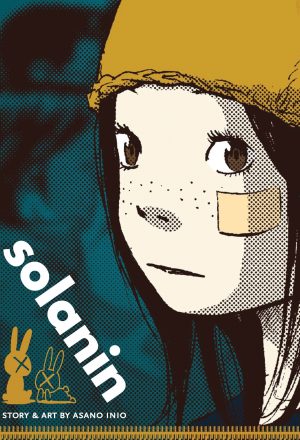Review by Frank Plowright
Korean creator Yeong-shin Ma’s previous work Moms was highly acclaimed, and clocked in at almost four hundred pages, which somewhat contradicted the lack of ambition in his self-portrayal. That’s extended further by Artist running over six hundred pages. It’s a broad-based satire of artistic integrity, involving a group of three friends in their forties all employed in creative industries, yet also all struggling.
Writer Shin Dyuk-nyeong, painter and lecturer Kwak Kyeongsu and musician Chun Jongseop are pictured on the cover. They’re shown hanging out together, good mates aware of each other’s faults, yet largely tolerant, all of them having plied their trade long enough to know contemporaries who’re now successful. Yet at heart they’re very different. The contemplative Shin is the best of them, although dull and drawn throughout with a bizarrely elongated forehead. It’s an irritating and constantly distracting stylistic quirk. Kwak is petty, pretentious, slobby and sleazy, while Chun takes life as it comes, with an opportunistic streak later revealed. An early scene features a game where the group consider which of them will be most changed by fame, and that eventually becomes the theme.
Ma applies the same meandering style used to good effect on Moms, except that starred a lead character and a supporting cast, whereas Artist spreads the attention across three prominent people, leading to repetition. This features early with scenes of Kwak and Chun both being provocative and confrontational in roughly the same situation, and as each character experiences a bump in status further scenes aren’t greatly dissimilar.
Comments are made about Korean society, especially copyrights and royalty distribution, and feeding them through the cast gives them some traction, but they’re occasional. Ultimately the point made is that fame amplifies who people are, and it’s rarely for the better, which is no great insight, and there’s a lack of focus in reaching the conclusion. A stronger plot might mitigate, but it takes far too long to reach the interesting conflicts introduced in the final hundred pages, which have some bite and observation previously absent. Overall Kwak is the strongest character, a truly immoral, egocentric monster, and the main theme is best explored through his blindness to his own considerable frailties.
A vague ending completes Artist, not with the flourish of a final brush stroke, but with the silence of a leaf falling off a tree. Ma makes the point that success breeds success, and he carries a lot of goodwill and expectation forward from Moms, but this isn’t as anywhere near as strong or meaningful.
